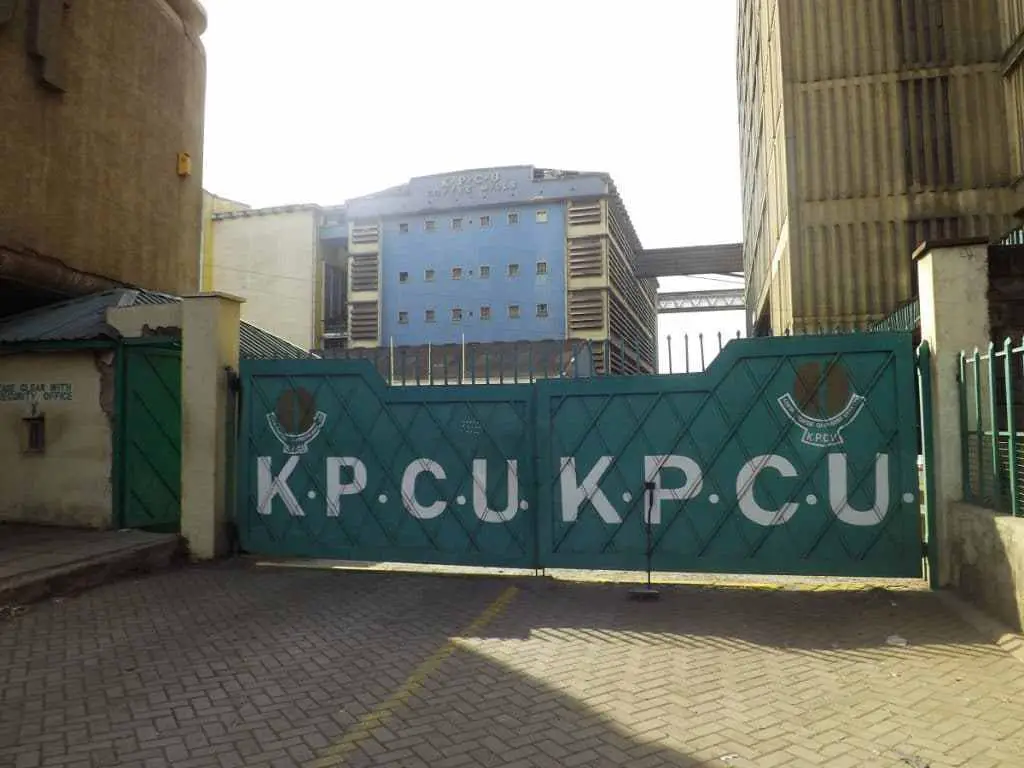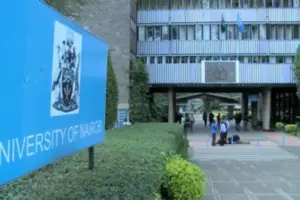China’s influence in East Africa has expanded considerably in recent years and is now characterized by extensive economic partnerships and strategic military collaborations.

Central to this influence is the Maritime Silk Road (MSR), an essential element of China’s Belt and Road Initiative (BRI), aimed at enhancing global trade routes and broadening China’s economic reach.
As East African nations strive to boost their infrastructure and economic growth, the question arises: will these partnerships support development or compromise national sovereignty and regional stability?
Economic Partnerships and Infrastructure Development
Tanzania stands at the forefront of this transformation, attracting substantial Chinese investment in port infrastructure and various development projects.
The China Harbour Engineering Company (CHEC) plays a crucial role in developing major ports, such as Dar es Salaam and the contentious Bagamoyo Port.
Under the framework of the Shekou Model 4.0 and the Port-Park-City concept, Tanzania is set to receive not just ports but an integrated system encompassing logistics zones and adjacent industrial parks.
This model mirrors China’s successful development strategies, aiming to replicate its economic growth.
As one delves into the intricacies of these developments, it becomes evident that the ambitious investments promise to enhance Tanzania’s economic capabilities while simultaneously allowing China to secure a foothold in the region.
This duality raises critical questions about land ownership and control over the blue economy.
Reading through the analysis of “Competing or Colluding? Commercial Interests, Ports, and Free Zones along China’s Maritime Silk Road,” it becomes clear that the long-term implications for Tanzania navigating this balance between development and independence are complex and far-reaching.
Military Collaborations and Security Challenges
Beyond economic ties, China has begun offering military assistance to East Africa, deepening its influence.
In Tanzania, reports suggest that military donations and security collaborations gain prominence.
This shift could have profound implications for peace and stability in the region.
President William Ruto’s directive for public servants aged 60 and above to retire reflects a broader effort to cut government costs, revealing a climate where national resources may become increasingly stretched.
China’s military presence, alongside its economic endeavors, poses a dual-edged sword.
While it may strengthen security infrastructure in the short term, the long-term ramifications of this partnership could jeopardize regional autonomy and create dependencies that may not align with East Africa’s strategic interests.
The delicate balance of fostering development while safeguarding sovereignty remains at the heart of this complex relationship.
Labor and Sovereignty Issues
Compounding these challenges are the stipulations within China’s agreements, which often allow for the influx of Chinese workers into local projects.
Such practices raise alarms about labor control and the potential marginalization of local populations.
Critics argue that permitting Chinese nationals to dominate job opportunities undermines the benefits of foreign investment and poses risks to national identity and workforce development.
As Tanzania engages with China, the implications of this relationship extend far beyond economic transactions.
The prospect of local populations being sidelined in favor of foreign labor reflects a broader strategy prioritizing Chinese nationals over Tanzanian citizens, raising ethical and social questions about the equity of development initiatives.
Political Responses to China’s Initiatives
As Tanzania deepens its ties with China, the implications of the Maritime Silk Road (MSR) extend beyond mere economic partnerships.
This burgeoning relationship increasingly comes into focus through a geopolitical lens, prompting questions about regional stability and the balance of power in East Africa.
The late President John Magufuli notably rejected the construction of the Bagamoyo Port, citing implications for national sovereignty and economic viability.
In contrast, his successor, President Samia Suluhu Hassan, exhibits a willingness to engage with Chinese initiatives, possibly reflecting a shift in the political landscape.
This change raises questions about the motivations behind such a pivot—whether it stems from an urgent need for economic recovery or a strategic recalibration in foreign policy.
Public sentiment plays a crucial role in this dynamic.
Many Tanzanians harbor skepticism toward Chinese investments, fearing they might exacerbate existing inequalities and lead to the loss of jobs to foreign workers.
Reflecting on this skepticism, it’s important to consider how Tanzania’s engagement with China could lead to a deeper dependency on foreign labor, potentially undermining the social fabric of the nation.
Geopolitical Implications for East Africa
China’s engagement with Tanzania, particularly through the development of major ports and infrastructure, signals its intent to establish a dominant presence along the African coastline.
This strategy aims to enhance China’s maritime capabilities while positioning Tanzania as a strategic player in global trade routes.
The overarching question remains: how does this influence affect the sovereignty of Tanzanian territory and the broader East African region?
With plans for extensive port development, apprehensions arise that the MSR could lead to the partitioning of Tanzania’s coastal resources.
This situation could effectively grant China control over vital maritime routes and resources, thus diminishing Tanzania’s authority over its own territorial waters.
Considering the implications of this arrangement, it’s crucial to assess how neighboring countries might react to an increasingly powerful China in their waters.
Addressing Illegal, Unreported, and Unregulated (IUU) Fishing
The MSR provokes pressing questions about its impact on illegal, unreported, and unregulated (IUU) fishing in Tanzanian waters.
As Chinese companies gain access to these waters, apprehensions arise that they might exploit the region’s fish stocks, jeopardizing local livelihoods and marine ecosystems.
The government must balance the economic advantages of Chinese partnerships against the need to protect its marine resources and ensure the sustainability of its fishing industries.
Moreover, China’s increasing presence may prompt a more aggressive stance from neighboring countries regarding maritime boundaries and resource control.
This situation could lead to heightened tensions in a region that has already experienced its share of maritime disputes.
To further understand these complexities, it is worthwhile to explore the insights provided by local stakeholders about the ramifications of Chinese fishing practices and the necessity for sustainable management.
You can read more about these concerns here.
The Future of Tanzania’s Sovereignty in the Age of MSR
Looking ahead, Tanzania’s engagement with China will undoubtedly shape its trajectory in the years to come.
The key lies in how Tanzanian leaders navigate this partnership, making certain it serves national interests without compromising sovereignty.
As the government maneuvers through these waters, the challenge will be to leverage China’s investments for local benefit, ensuring that development translates into tangible improvements for Tanzanians rather than fostering dependency.


















































